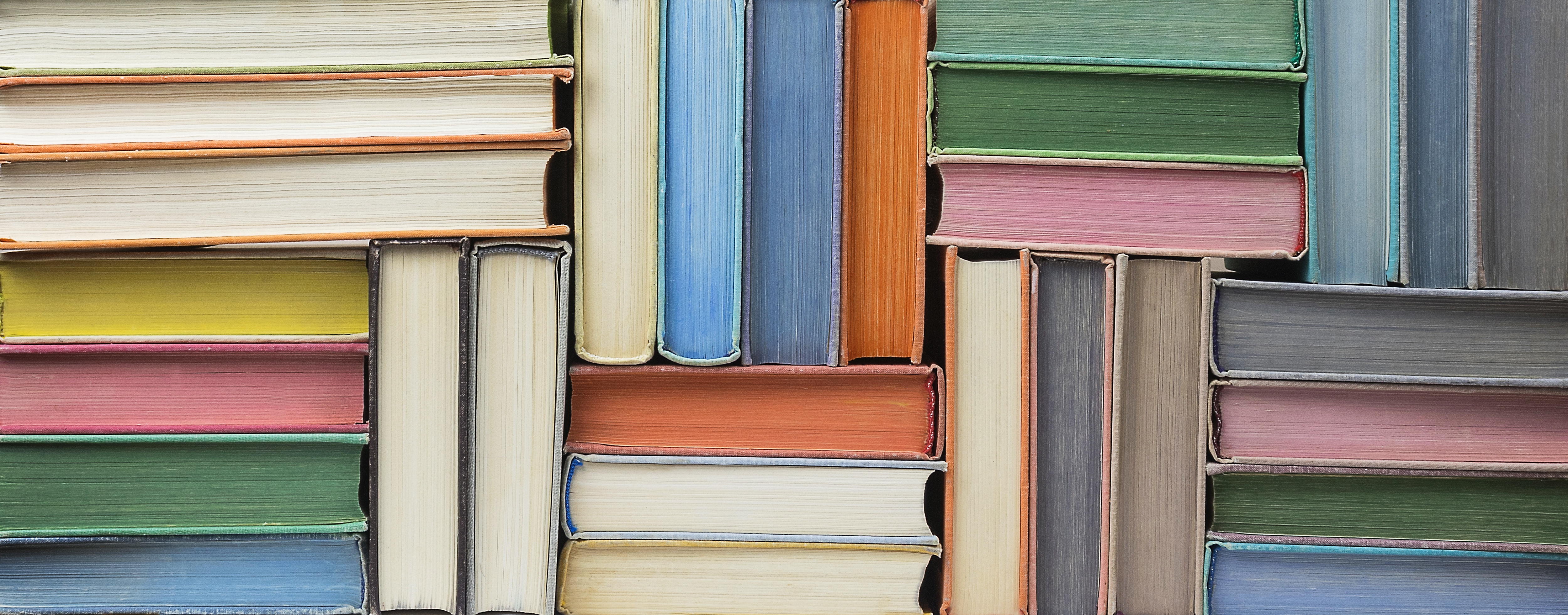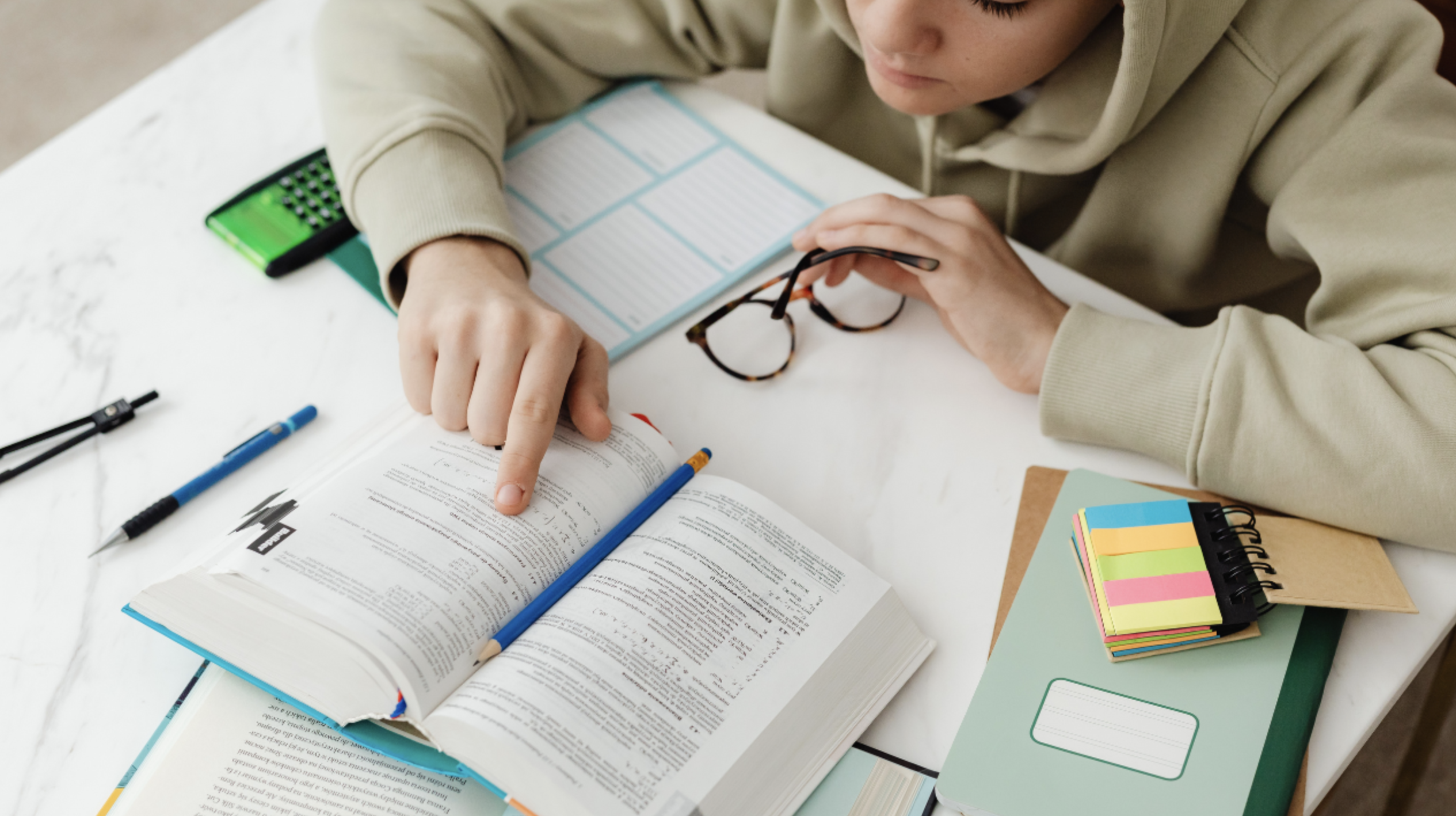RMIT Training is a 2022 Circle Back Initiative Employer – we commit to respond to every applicant
RMIT Training is proud to announce that in 2022, we have joined the Circle Back Initiative to show our commitment to ensure every candidate who applies for a role in our company receives an outcome response.
RMIT English Worldwide announces partnership with COLFUTURO
RMIT Training is thrilled to announce that RMIT English Worldwide (REW) has signed an ELICOS agreement with the prestigious Colombian scholarship body COLFUTURO (the Foundation for the Future of Colombia).
Jake Heinrich appointed Chief Executive Officer of RMIT Training
Experienced international education leader, Jake Heinrich has been appointed Chief Executive Officer of RMIT Training. Heinrich brings extensive experience in the global education sector including more than 25 years of working across Asia, Mexico and Australia.




